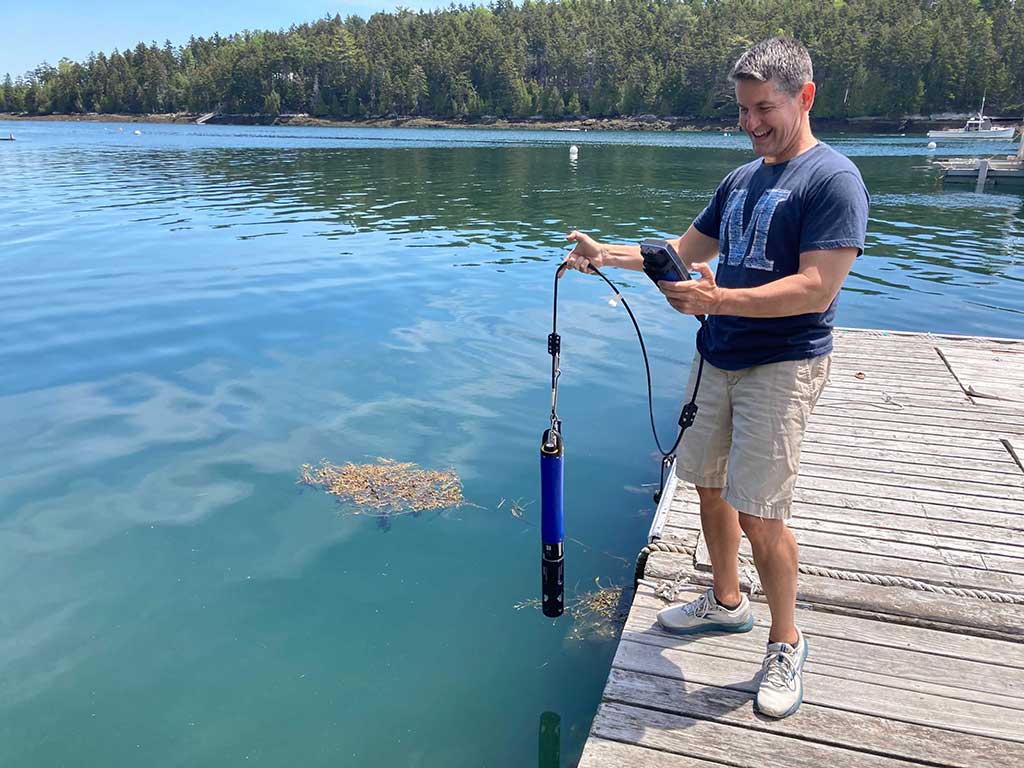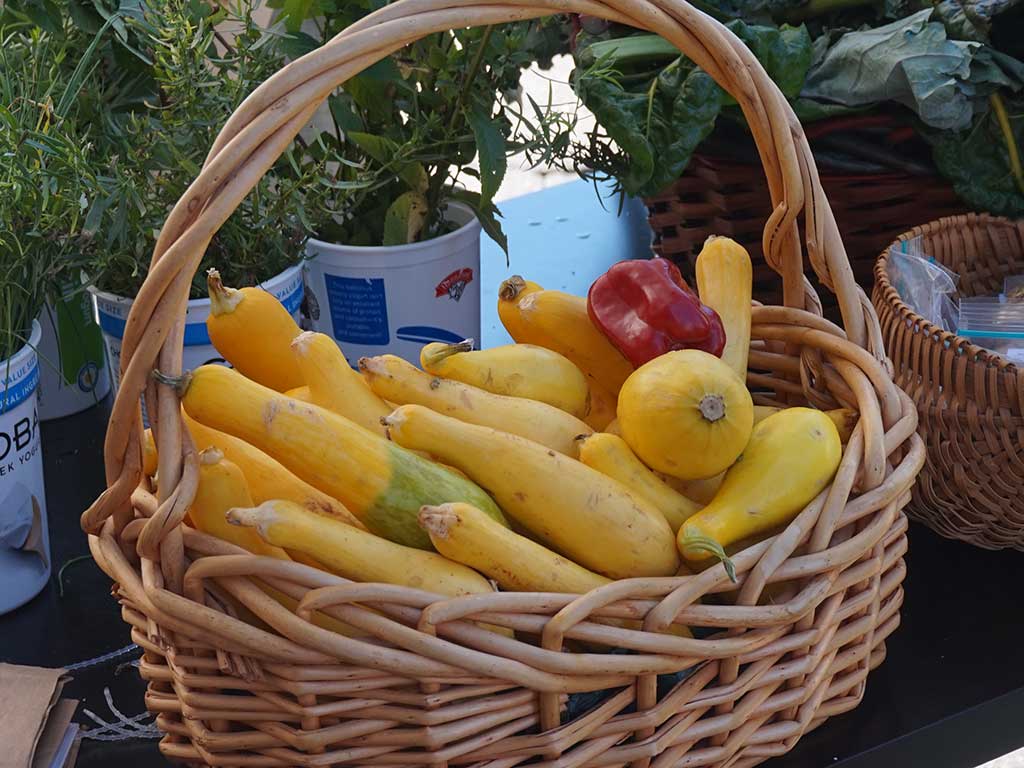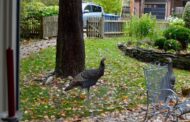
Bright Idea: Become a community scientist this spring
By Caitlin Marshall

Winters in Maine are getting weird. They’re wetter, warmer, and icier than they used to be, and spring is coming sooner. We’re not the only ones who feel out of sorts in this confusing climate: all the trees, wildflowers, insects, and birds that evolved here together, for millennia, have seasonality baked right into their DNA. When plants set fruit too early, for example, migrating birds arrive too late to get the food they depend on. But getting a clear understanding of who is really being affected by the chaos, and how, requires collecting a lot of data.
This is where you come in! Citizen science, or community science, is when amateur volunteers team up with research scientists to make observations. With better data, we can understand the challenges of climate change, and make better decisions about what we need to do differently. (Although, spoiler alert, let’s remember every real answer to the climate crisis must include getting off fossil fuels, now.)
Here are a few places to start:
Signs of the Seasons, led by University of Maine
When do robins nest? How is milkweed growing? Answer these and many other questions. Short training sessions are held in person across the state in the spring. Findings are used by researchers and resource managers.
Hawkwatch at Bradbury Mountain
One of the longest running projects in our area, this annual count measures one of the biggest migration routes on the Eastern seaboard. Starting soon: March 15th through May 15th.
This site pulls together many Northeastern community science opportunities in one searchable place. Southern Maine Conservation Collaborative’s Climate Change Observatory Network, for example, invites participants to submit photos of a single site over time, to create time-lapse videos.
Going broader, this organization is similar to Nature Groupie, but features projects with a nationwide reach. With initiatives like “Nectar Connectors” and “Quercus Quest,” they turn science into a game.
Right in town or out on an adventurous hike, there are lots of ways folks are taking a little time to observe birds, plants, bugs, waterways and more. Each observation contributes to the bigger picture through projects that help us understand our changing world.
Community scientists are doing meaningful science, while gaining something perhaps even more valuable. By getting outside and paying close attention, we deepen our relationship to the place – this specific, precious place – we call home.
FMI: portlandclimateaction@gmail.com.
Check out more at: https://www.facebook.com/PortlandClimateActionTeam





